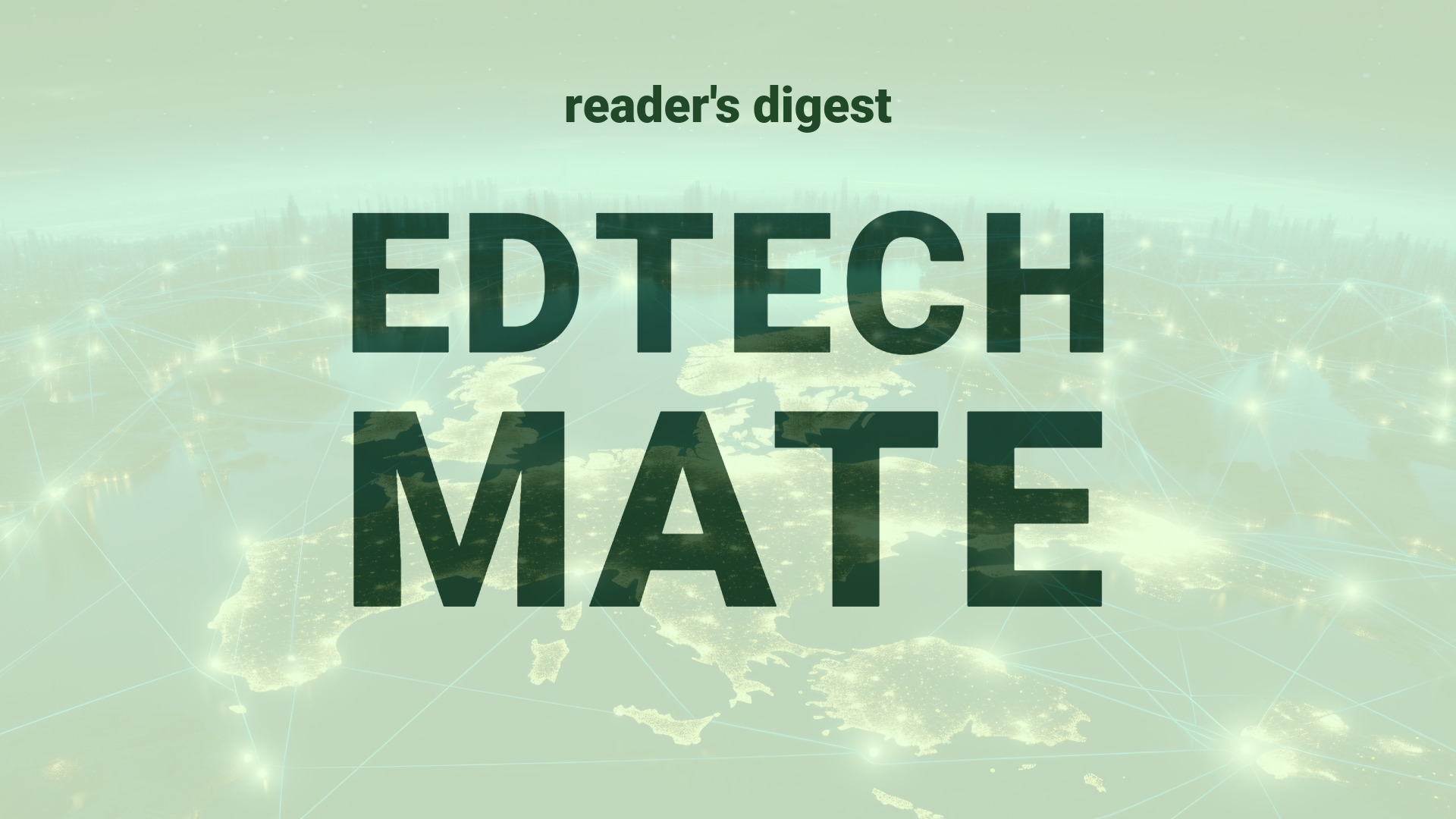Executive Summary and Main Points
Recent developments reveal a significant consolidation in the cloud software sector, with Salesforce, a heavyweight in the CRM arena, reportedly in the advanced stages of negotiations to acquire Informatica, a prominent data management firm. The potential acquisition comes after Salesforce’s record-breaking purchase of Slack for $28 billion in 2021, and follows its earlier strategic acquisitions of Tableau and MuleSoft. The current focus on enhancing data analytics and management capabilities signifies a transformative step in the strategic digitalization efforts within the industry, and could herald new trends in the integration of such technologies across higher education institutions globally.
Potential Impact in the Education Sector
The speculated acquisition has the potential to exert far-reaching impacts on the education sector, especially in the realms of Further Education and Higher Education. The integration of Informatica’s data management solutions with Salesforce’s robust CRM systems could simplify complex data processes for educational institutions, streamlining student recruitment, engagement, and retention strategies. Additionally, it could bolster the provision and management of Micro-credentials, providing more personalized learning experiences, and fostering enhanced collaborations between educational providers and corporate partners through improved data sharing and analysis.
Potential Applicability in the Education Sector
The synergy between Salesforce’s CRM capabilities and Informatica’s robust data management may spawn innovative AI-powered applications for global education systems. Institutions could leverage this integrated technology to gain predictive insights into student performance and career trends, enabling tailored course offerings and career services. Further, it can enhance research capabilities through sophisticated data analytics, foster global networking and mentorships, and bolster cross-institutional collaborations by facilitating seamless data exchanges, thus propelling international education into a more data-driven future.
Criticism and Potential Shortfalls
Despite the promise of integrating these technologies, there are concerns over potential monopolization of educational technology services and issues surrounding data privacy and security, considering the vast amounts of sensitive student and departmental data. Cultural and ethical implications also arise about the homogenization of global educational practices and the potential widening of the digital divide. Comparatively, international case studies suggest that such integrations may not be as seamless in regions with stringent data protection laws or in institutions with limited digital infrastructure and AI readiness.
Actionable Recommendations
Boards and leadership teams of higher education institutions are recommended to:
- Engage with the digital transformation in a measured way, ensuring that technology integration matches the strategic educational and research goals of the institution.
- Assess and invest in staff development to maximize the benefits of new CRM and data management tools, ensuring ethical use of student data.
- Formulate and enforce data governance policies that align with regional regulatory frameworks to protect student privacy.
- Consider partnerships with ed-tech firms to provide personalized learning experiences and micro-credentials that directly translate into employability and career advancements for students.
- Explore strategic alliances with other institutions to capitalize on shared digital resources and facilitate international collaboration.
Source article: https://www.cnbc.com/2024/04/15/salesforce-drops-after-reports-it-is-in-talks-to-acquire-informatica-.html

